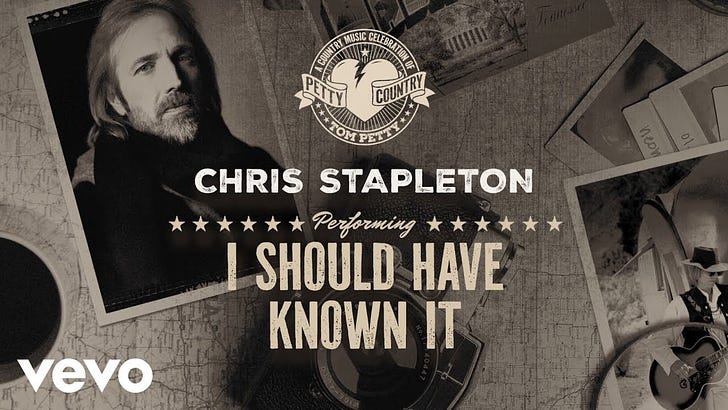When Garth Brooks crossed over from country to major pop star, he often credited the Kiss concerts he attended as a kid for inspiring his flashy concert performances. Before Brooks, country music live, the wisdom went, was all "stand around and strum."
It's hard to believe how incredulous people were, as if Garth Brooks had discovered the Rosetta Stone with instructions on breaking out of the country music ghetto. (Country music radio remains, largely, parochial as ever.) Most of today's country stars have more than a passing familiarity with rock music and performances: They all know Springsteen, Elvis Presley and Elvis Costello, and most of all, Tom Petty.
Tom Petty was one of them. He was from Gainesville, in North Florida, which, college town aside, was the Deep South. No matter how many years he lived in L.A., he never lost his accent, both musically and vocally. If his first hit "American Girl," was redolent of the Byrds, it was as much the Byrds of "Sweetheart of the Rodeo" as it…
Keep reading with a 7-day free trial
Subscribe to Critical Conditions by Wayne Robins to keep reading this post and get 7 days of free access to the full post archives.



